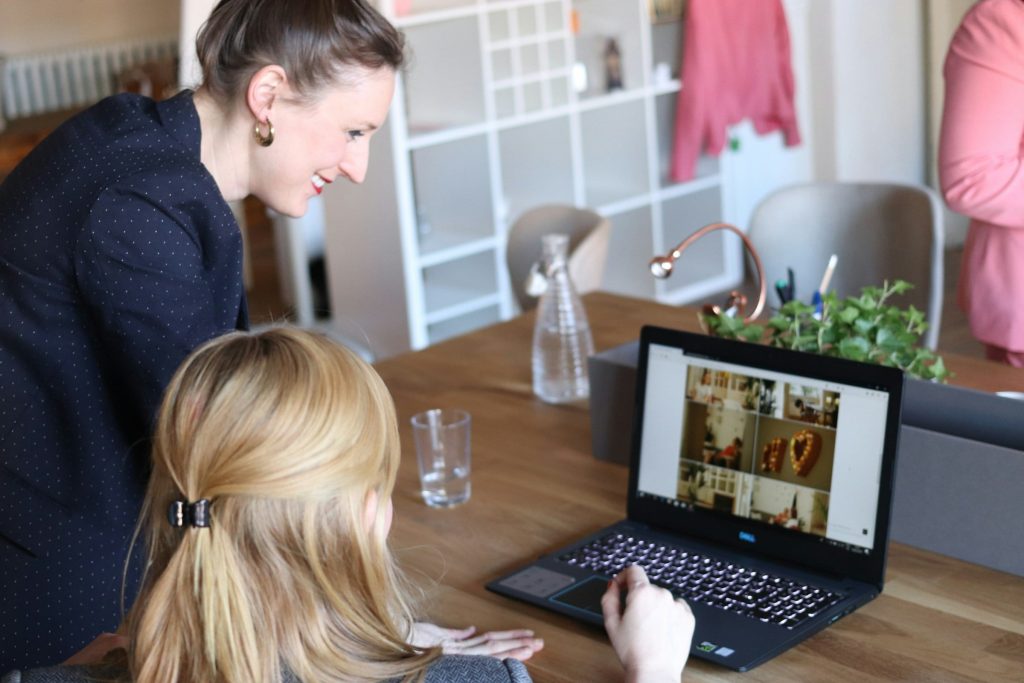Since the pandemic, executive travel has slowly begun to recover, with 50% of survey respondents reporting an increase, although 45% of respondents said their organisation remains cautious about returning to pre-pandemic levels of travel. The reasons cited include budget constraints, concerns over potential restrictions, and a growing emphasis on sustainability. Overall, it is clear that businesses are now more discerning about when and why they travel and are focusing on fewer but higher-quality trips.
Chris Budimir, Co-Founder of Unique Limousines and More, observed, “As we navigate the post-pandemic world, executive travel is transforming significantly. While half of executives are increasing their travel, many organisations remain cautious, not fully returning to pre-COVID levels. This isn’t just about budget constraints; it reflects a fundamental shift in how businesses approach mobility and events.”
Event planning timelines have decreased, with 60% of respondents saying that lead times have decreased, and 30% of those surveyed described this pressure as particularly challenging. This shorter planning window makes it more difficult to source the right venue, coordinate various logistics, and ultimately ensure the event is a success.
Despite these challenges, administrative professionals are using technology to ease the burden. 75% of respondents said they preferred using AI-powered platforms, or a combination of AI tools and traditional methods such as consulting a travel agent for event planning.
Half of the respondents noted that their event budgets have decreased and many administrative professionals are now more selective about venues, with a notable shift toward in-country events that cut costs and reduce travel-related emissions.
As Susan Vanhuston puts it, “We’re navigating budget constraints and shorter lead times, which demand innovative solutions. The preference for blending AI-powered platforms with traditional booking methods highlights that while efficiency is crucial, it cannot replace the invaluable human touch.”
The types of venues have also evolved and while 70% of respondents still favour hotels and 65% prefer conference centres, there has been a growing interest in unique spaces. Just over half of respondents said they looked to book unique venues such as museums, historical sites, and outdoor venues.
The popularity of venues like Lake Tegernsee in Germany and Bodø in Norway exemplify this. Both destinations offer stunning, natural landscapes paired with modern, eco-friendly facilities, making them ideal for companies prioritising sustainability and something a bit different. Lake Tegernsee in the Bavarian Alps provides the perfect backdrop for team-building activities and retreats. Meanwhile, Bodø, located just north of the Arctic Circle, has gained recognition for its innovative energy efficiency solutions and picturesque setting, offering an inspiring environment for B2B events.
Administrative professionals are juggling a diverse mix of event types, from in-person conferences to virtual and hybrid formats. Our survey shows that 60% of respondents have seen a resurgence in in-person conferences, while 55% have noticed an increase in hybrid events, which offer the flexibility required in today’s post-pandemic world. Smaller team meetings and networking events are also highly sought after, with 70% and 65% of respondents citing them as top priorities.
Hybrid events are especially crucial in regions like Asia and EMEA, where travel restrictions and geopolitical tensions have made large-scale international events more challenging.
In response to these changing dynamics, administrative professionals are increasingly relying on support from event agencies and Travel Management Companies. However, the feedback is mixed—only 25% feel fully supported, while 50% believe there’s room for improvement, particularly when it comes to integrating advanced technologies and providing more personalised services.






